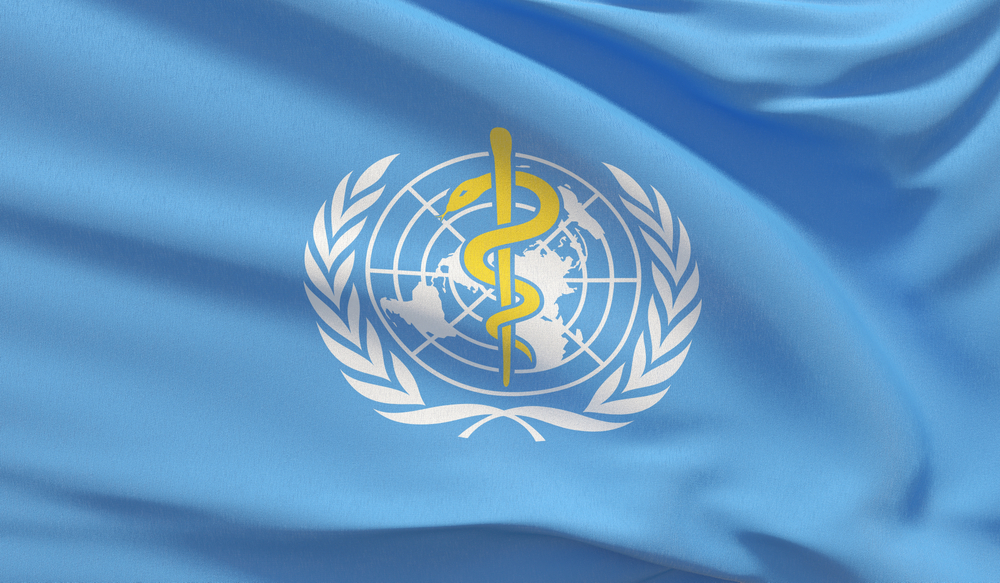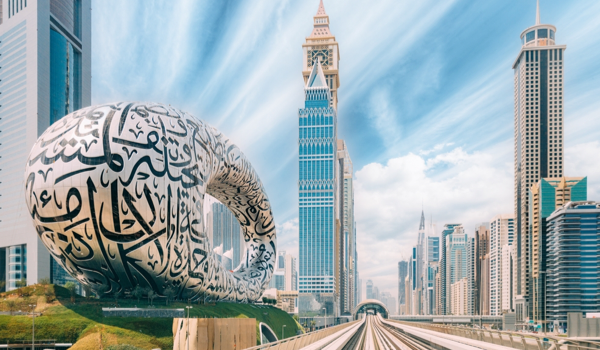


MUMBAI - Artificial intelligence (AI) is often illustrated in movies and television shows as an innovation that will take over the world. Luckily for us, these inauspicious illustrations are not where the world is heading. Nonetheless, AI may really save lives and further develop a work-life balance.1 The fundamental job of AI is to dig deep into large data sets, rapidly and more adequately than any human could, and analyze patterns that could be valuable. This enables individuals working with AI to focus on more significant tasks, while the AI filters through the data behind the scenes and resurfaces with the data needing attention.
The novel coronavirus created global havoc2 and governments and hospitals were inundated with an influx of patients.3 Under such conditions, one of the key challenges they faced was dealing with their resources and forming care and hospitalization strategies to allow them to focus on the riskiest patients.
In terms of managing resources in healthcare, resources can be divided into two segments: material resources or hospital infrastructure and human resources.
Material Resource Management
Today, healthcare organizations still experience inescapable issues across their value chains, traversing each cycle on the continuum from care to cure.4 However, healthcare organizations that le
The content herein is subject to copyright by The Yuan. All rights reserved. The content of the services is owned or licensed to The Yuan. Such content from The Yuan may be shared and reprinted but must clearly identify The Yuan as its original source. Content from a third-party copyright holder identified in the copyright notice contained in such third party’s content appearing in The Yuan must likewise be clearly labeled as such. Continue with Linkedin
Continue with Linkedin
 Continue with Google
Continue with Google









 3217 views
3217 views








